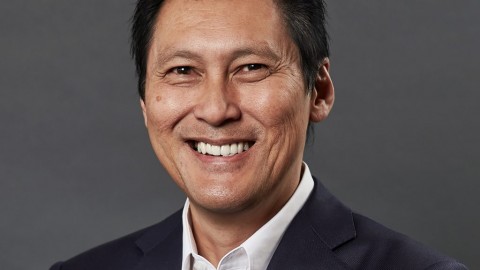As the cost of energy increases across Australia, selecting the optimal air and power generation solutions can help wastewater treatment plants mitigate these rising expenses. Here one industry leader breaks down these solutions, and shares helpful information on how to choose the right product for the job.
With recent announcements of energy costs increasing up to 20 per cent in some parts of Australia, the cost of power supply and air usage in industrial and process applications is likely to rise substantially. Supplying compressed air to activated sludge basins generally consumes more than 50 per cent of the total energy used in wastewater treatment, and some sources claim that up to 75 per cent of operating costs are related to aeration blowers. As initial investment costs are typically around three per cent of the total costs of new wastewater treatment plants, it pays in the long run for blowers and generators to be optimally sized and selected very carefully for their application.
Low pressure air solutions
Ambient conditions and process requirements change all the time, so selecting a blower size that is suited to maximum temperature conditions and maximum turndown with consistently high efficiency is something CAPS keeps in mind when helping you choose the right solution. With many technologies and brands to choose from, it can be quite challenging to evaluate different blowers or compressors and select the best technology for your system.
CAPS is an Australian owned and operated company with a full suite of low-pressure air solutions and the expertise to help you choose the right equipment to suit your needs. The company’s range of positive displacement blowers, multi-stage centrifugal and single-stage centrifugal turbo blowers – which offer the best efficiency across the full operating range at all atmospheric conditions – are suited to a variety of industrial wastewater treatment applications such as aeration, air scouring and filter backwashing.
Power generation solutions
The energy from waste industry (EfW) demands reliable back-up energy solutions to handle any prolonged interruptions due to unscheduled grid failures. Critical factors when selecting a back-up system are costs, minimising noise, and keeping the real estate footprint of the system as compact as possible. Delivering a standby generator, especially for the EfW system, involves several challenges such as size constraints, rapid start-up, performance, and emissions concerns.
CAPS keeps this at the forefront with its own brand of purpose-built generators designed specifically for Australian conditions. Made from leading OEM components such as Perkins engines, Leroy Somer alternators and Deep Seas controllers, CAPS’ soltutions strive for production continuity. Established in 1980, CAPS boasts more than 43 years of experience in compressed air and power generation. In-house engineering allows CAPS to provide custom solutions to clients with specialised applications, and its state-of-the-art factory acceptance test bays ensures quality and compliance.
As an independent company with the flexibility to search globally for the best products and technologies that best serve the Australian market’s needs, CAPS works alongside world-renowned partner brands such as Ingersoll Rand, Kohler, AIRMAN, Sauer, Next Turbo Technologies, Lamson and many more. With ten branches nationwide and 24/7 service for maintenance and emergency breakdowns, CAPS endeavours to lead the industry in service and solutions.
This sponsored editorial is brought to you by CAPS. For more information, visit www.caps.com.au.














